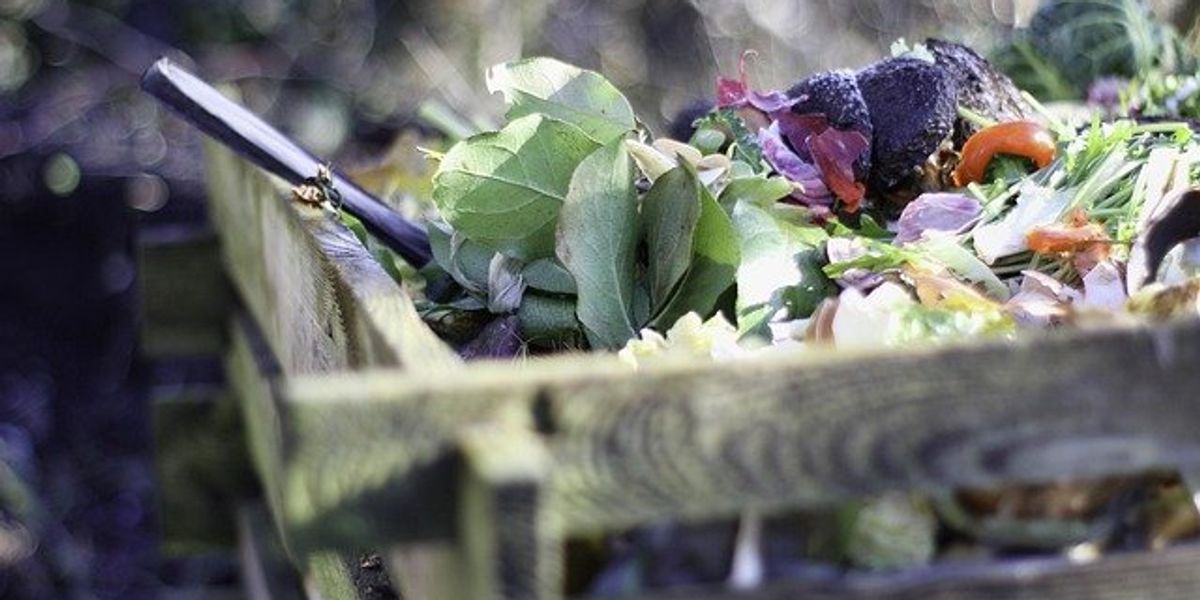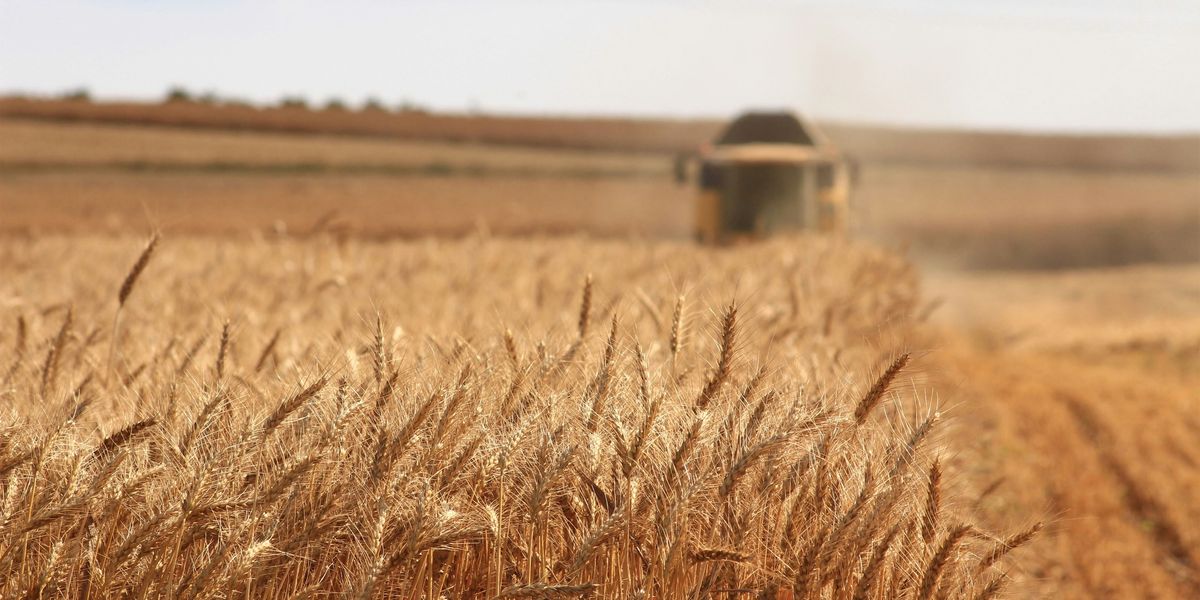
Trump administration kills $18 million composting grant, stalling Rhode Island food waste initiative
A Rhode Island food waste project poised to create jobs and cut emissions lost its funding after the U.S. Environmental Protection Agency reversed course on environmental justice grants.
Ayurella Horn-Muller reports for Grist.
In short:
- The EPA terminated an $18.7 million grant to the Rhode Island Food Policy Council, which would have funded compost hubs, food scrap collection, and job creation.
- Groundwork RI, a Providence nonprofit set to benefit from the funds, planned to expand services, renovate a greenhouse, and provide free food-scrap pickup in underserved areas.
- The grant was part of the EPA’s Community Change Grants Program funded by the Inflation Reduction Act, but the Trump administration deemed such projects inconsistent with its priorities.
Key quote:
“It’s clear to me, from the terminations that have been going out, from the statements that have been made, in court filings, and to the press, that EPA is in the process of sending termination notices to every grantee in the Office of Environmental Justice.”
— Zealan Hoover, former senior adviser to President Biden’s EPA administrator
Why this matters:
Americans waste over a third of the nation’s food supply each year, sending roughly 300 pounds per person to landfills — where it emits methane, a greenhouse gas far more potent than carbon dioxide. Food waste not only squanders the resources used to grow, transport, and store that food, but it also burdens local governments and worsens the climate crisis. Composting programs like the one planned in Rhode Island offer communities a path to transform waste into soil nourishment, curb methane emissions, and reduce hunger by redirecting edible surplus. Losing federal support for such efforts, especially in lower-income communities, threatens both environmental progress and health equity. The Trump administration’s rollback of environmental justice grants strips support from organizations working at the intersection of food, climate, and poverty — sectors where small-scale solutions have proven effective but remain vulnerable to policy shifts.
Read more: How the world wastes an astonishing amount of food, in three charts













